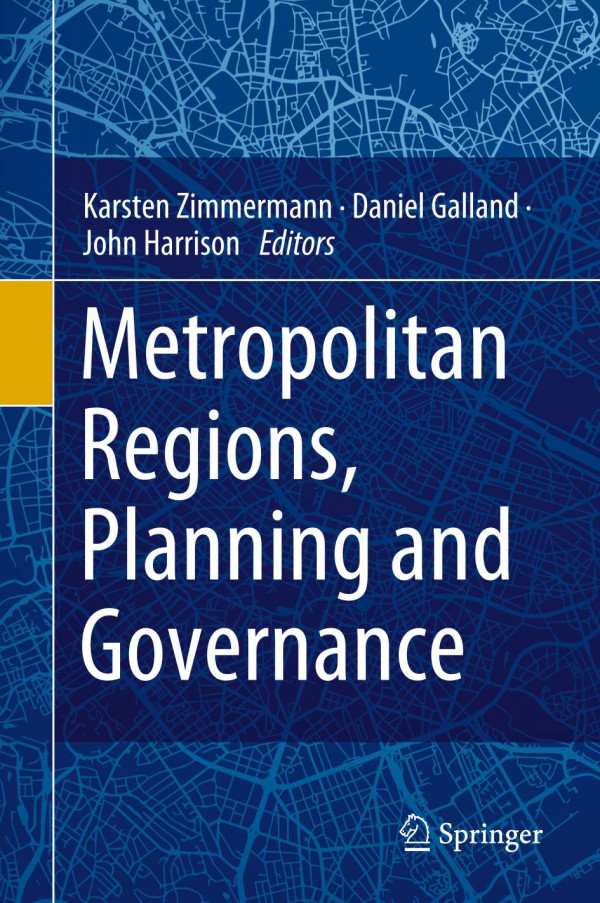

Most ebook files are in PDF format, so you can easily read them using various software such as Foxit Reader or directly on the Google Chrome browser.
Some ebook files are released by publishers in other formats such as .awz, .mobi, .epub, .fb2, etc. You may need to install specific software to read these formats on mobile/PC, such as Calibre.
Please read the tutorial at this link: https://ebookbell.com/faq
We offer FREE conversion to the popular formats you request; however, this may take some time. Therefore, right after payment, please email us, and we will try to provide the service as quickly as possible.
For some exceptional file formats or broken links (if any), please refrain from opening any disputes. Instead, email us first, and we will try to assist within a maximum of 6 hours.
EbookBell Team

5.0
20 reviewsThe aim of this book is to investigate contemporary processes of metropolitan change and approaches to planning and governing metropolitan regions. To do so, it focuses on four central tenets of metropolitan change in terms of planning and governance: institutional approaches, policy mobilities, spatial imaginaries, and planning styles. The book’s main contribution lies in providing readers with a new conceptual and analytical framework for researching contemporary dynamics in metropolitan regions. It will chiefly benefit researchers and students in planning, urban studies, policy and governance studies, especially those interested in metropolitan regions.
The relentless pace of urban change in globalization poses fundamental questions about how to best plan and govern 21st-century metropolitan regions. The problem for metropolitan regions—especially for those with policy and decision-making responsibilities—is a growing recognition that these spaces are typically reliant on inadequate urban-economic infrastructure and fragmented planning and governance arrangements. Moreover, as the demand for more ‘appropriate’—i.e., more flexible, networked and smart—forms of planning and governance increases, new expressions of territorial cooperation and conflict are emerging around issues and agendas of (de-)growth, infrastructure expansion, and the collective provision of services.